The IT industry is a whirlwind of innovation, constantly evolving at breakneck speed. What’s cutting-edge today might be commonplace tomorrow. For anyone looking to build or advance a career in technology, staying ahead of the curve isn’t just an advantage—it’s a necessity. Over the next five years, several key areas will redefine the digital landscape. Are you ready to adapt?
1. The AI Revolution: More Than Just Algorithms
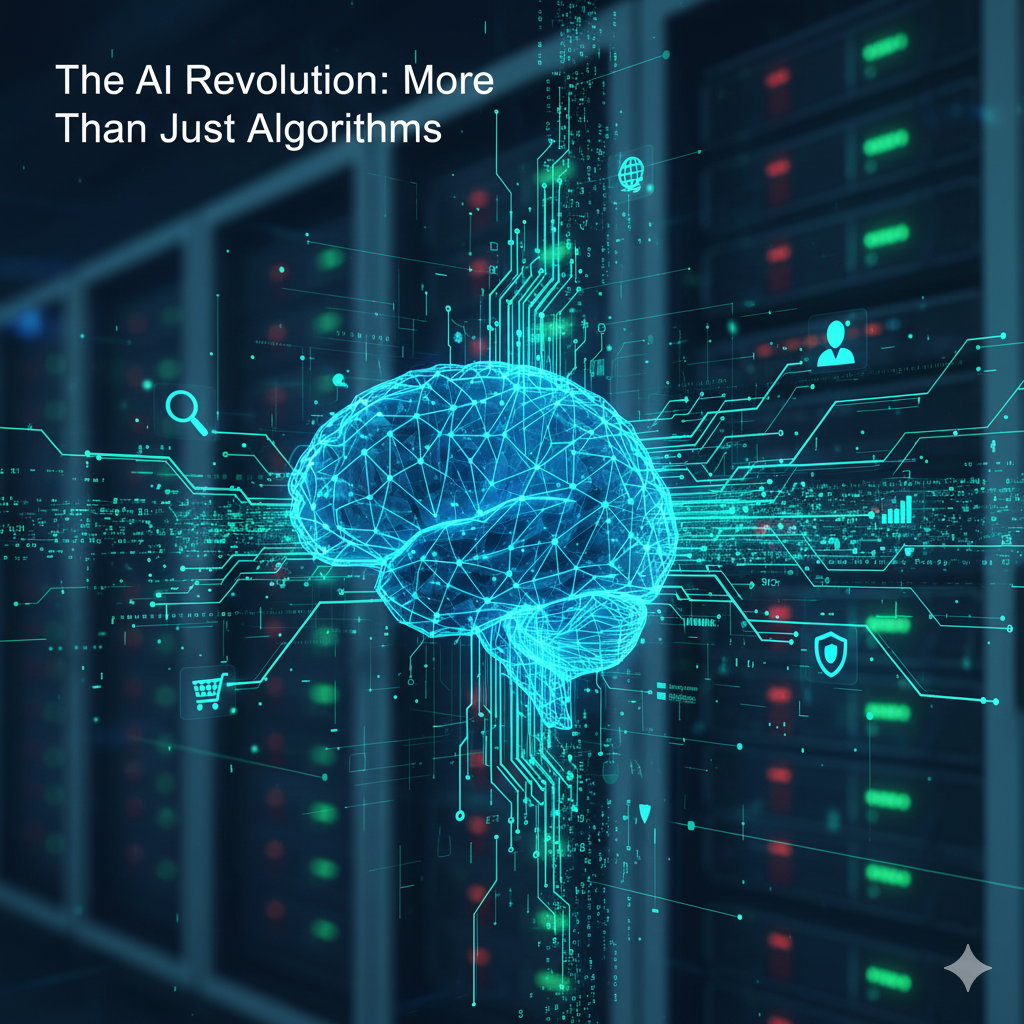
** Artificial Intelligence, particularly Generative AI and Machine Learning, is no longer a futuristic concept—it’s here, and it’s pervasive. From automating routine tasks in software development to revolutionizing customer service and content creation, AI is reshaping how businesses operate.
How to Adapt:
- Learn AI Fundamentals: Understand how AI models work, data preparation, and basic machine learning concepts. Python, with libraries like TensorFlow and PyTorch, is your best friend here.
- Focus on AI Integration: Learn how to apply AI tools to existing systems, rather than just building them from scratch. Prompt engineering, fine-tuning models, and understanding AI ethics will be crucial.
2. Edge Computing: Intelligence Closer to the Source
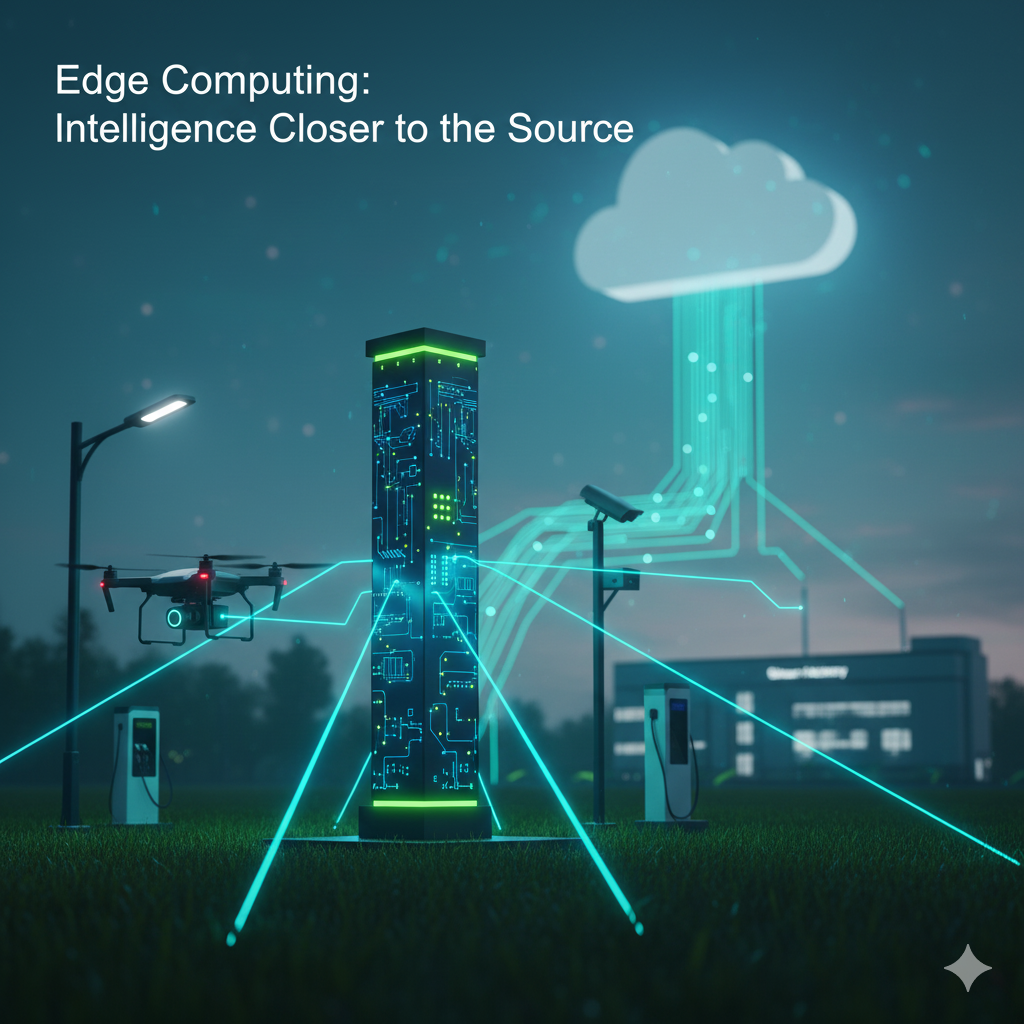
Instead of sending all data to distant cloud servers for processing, Edge Computing brings computation closer to where the data is generated. Think smart factories, autonomous vehicles, and advanced IoT devices. This reduces latency, saves bandwidth, and enables real-time decision-making.
How to Adapt:
- IoT and Network Skills: A strong understanding of IoT protocols, network architecture, and how distributed systems communicate is vital.
- Security for Distributed Systems: Securing numerous “edge” devices presents unique challenges; expertise in this area will be highly valued.
3. Cybersecurity: The Never-Ending Battle for Digital Safety
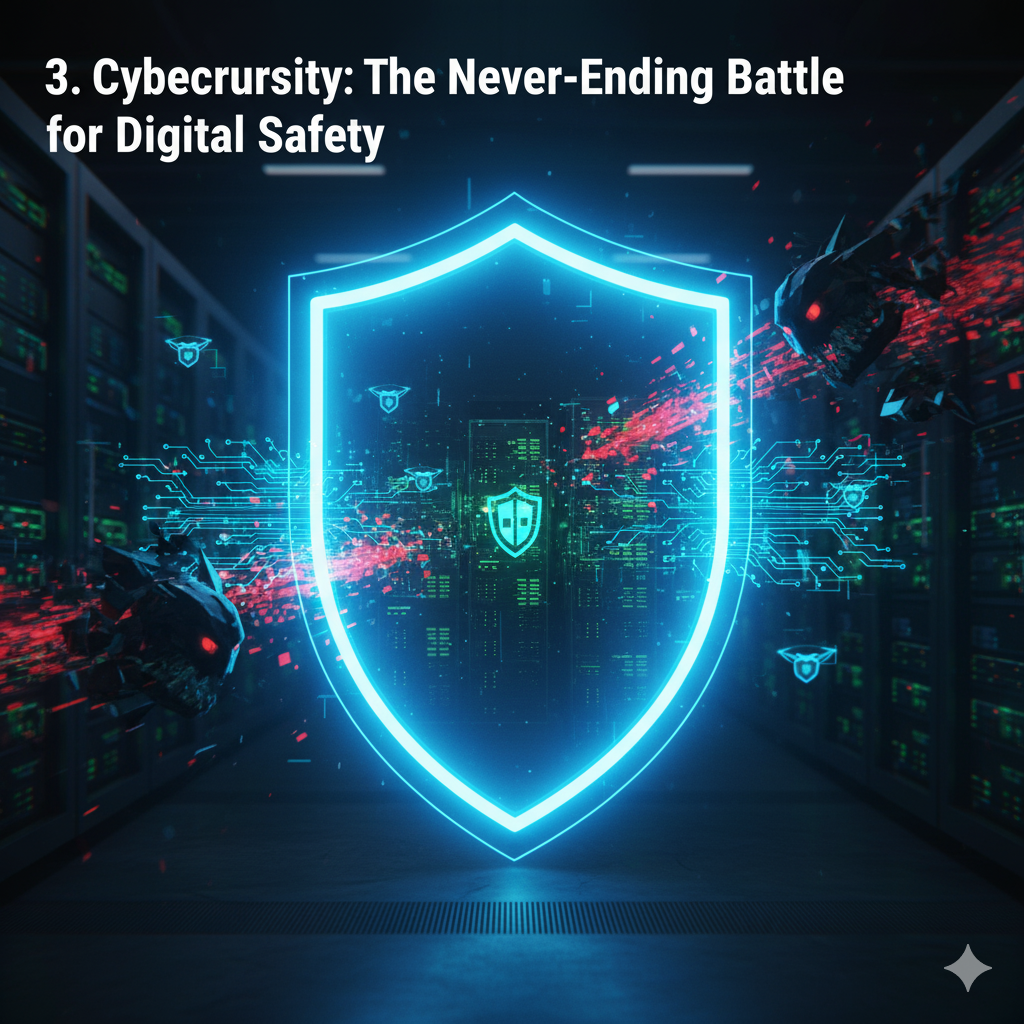
As technology advances, so do the threats. AI-powered cyberattacks will become more sophisticated, demanding equally advanced defense mechanisms. Data privacy regulations will continue to evolve, making compliance a complex but critical task.
How to Adapt:
- AI in Security: Learn how AI and machine learning are used for threat detection, anomaly identification, and automated response.
- Cloud Security: With more businesses moving to the cloud, expertise in securing cloud environments (AWS, Azure, GCP) is paramount.
- Ethical Hacking & Penetration Testing: Proactive security measures are more important than ever.
4. Cloud Computing: The Foundation of Modern IT
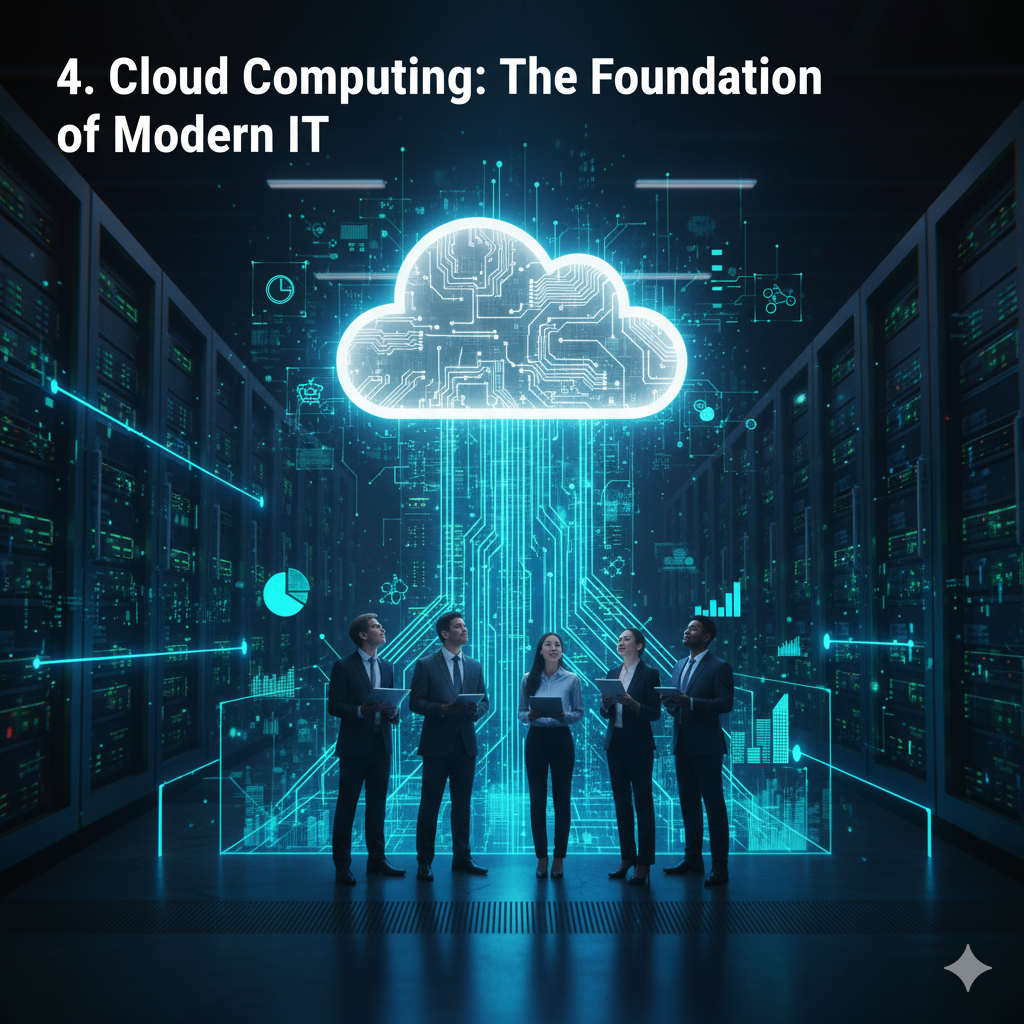
Cloud platforms will continue to be the backbone of digital infrastructure. While cloud adoption is widespread, the demand for specialists in cloud architecture, migration, and optimization is still growing. Serverless computing and containerization (Docker, Kubernetes) will become even more prevalent.
How to Adapt:
- Multi-Cloud Expertise: Proficiency in more than one major cloud provider (AWS, Azure, Google Cloud) will offer greater flexibility.
- DevOps and Site Reliability Engineering (SRE): The ability to build, deploy, and manage scalable cloud applications efficiently is invaluable.
5. Data Science & Analytics: Unlocking Insights from Information
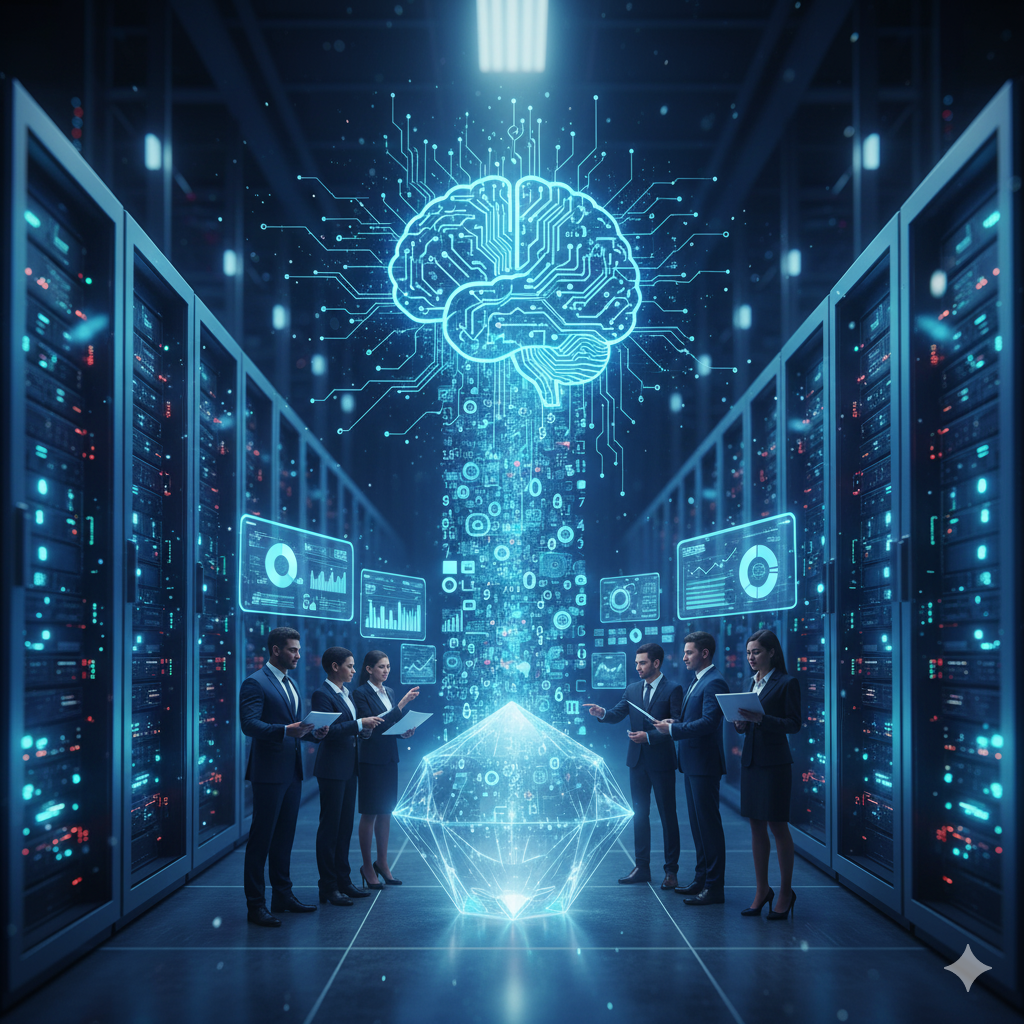
With the explosion of data from AI, IoT, and everyday digital interactions, the ability to collect, process, and derive meaningful insights from this data is paramount. Data scientists and analysts will be critical in guiding strategic business decisions.
How to Adapt:
- Big Data Technologies: Familiarize yourself with tools like Apache Spark, Hadoop, and data warehousing solutions.
- Statistical Analysis & Visualization: Beyond technical tools, a strong understanding of statistics and the ability to present data clearly are essential.
- SQL and NoSQL Databases: Master database management and querying.
Beyond Technical Skills: The Power of Human Adaptability
While technical skills are crucial, remember the importance of “soft skills”:
- Critical Thinking & Problem Solving: AI can automate tasks, but humans will solve the truly complex, ambiguous problems.
- Creativity & Innovation: Develop new solutions and approaches that AI can then help implement.
- Continuous Learning: The most vital skill will be the ability to constantly learn, unlearn, and relearn.
The next five years in IT promise immense transformation and exciting opportunities. By focusing your learning on these key areas and nurturing your adaptable mindset, you can confidently navigate this future and secure a thriving career.
Ready to start your journey in these future-proof IT skills? Explore our courses at EICT.LK and empower your technical future today!



